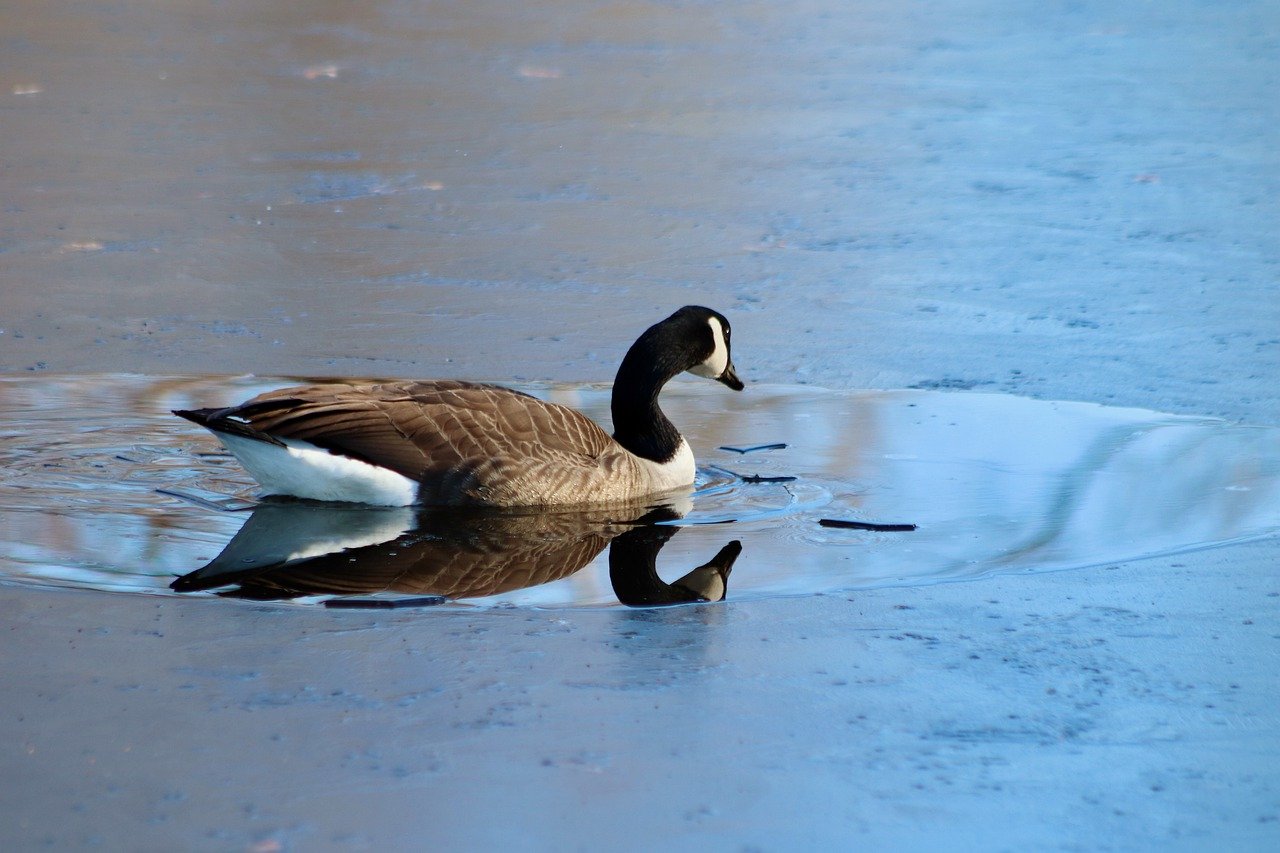BILLINGS – Canada geese that were found dead at Laurel’s South Pond earlier this week have tested positive for highly pathogenic avian influenza (HPAI). Montana Fish, Wildlife & Parks staff responded to reports of sick and dead Canada geese at the popular Laurel park on Tuesday, Nov. 28. Carcasses were transported to FWP’s Wildlife Health Lab in Bozeman for HPAI testing.
Avian influenza (AI) virus is a naturally occurring virus in birds. AI viruses are classified into two groups, based on the severity of disease they cause in infected birds. Low pathogenic AI viruses generally cause no clinical illness, or only minor symptoms in most birds. HPAI viruses are extremely infectious and fatal to poultry and some species of wild birds. Some species of waterfowl can carry and spread the virus without developing symptoms of disease.
Since the HPAI outbreak began in Montana in April, 2022, the virus has been detected in just under 200 wild birds. This is only a subset of total bird mortality, as not every dead bird is tested for HPAI. Cases of HPAI in wild birds declined significantly over the summer months, but FWP started receiving reports of new mortality events in November, likely associated with the fall bird migration. A similar pattern occurred the previous year, with fewer cases in summer 2022, followed by a spike in cases that fall and winter. In Montana, various species of geese and scavenging birds such as eagles, owls and hawks have been the most heavily impacted wild birds. While it’s difficult to predict what level of wild bird mortality will occur this winter, FWP is continuing to investigate cases of sick or dead wild birds to determine the cause.
HPAI has also been detected in some mammal species in the state including grizzly bears, skunks, red foxes, raccoons and mountain lions. In spring of 2023, a domestic dog in Ontario, Canada was confirmed to be infected with HPAI when it died after chewing on a wild goose. Similarly, at least three outdoor domestic cats tested positive for HPAI in Wyoming and Nebraska when they died, likely after consuming dead birds that were infected.
Although the Centers for Disease Control and Prevention (CDC) considers risk of HPAI spread to humans to be very low, Montanans should take precautions when handling game birds or any sick or dead bird they find. Whenever possible, avoid contact with sick or dead wildlife. Even if a bird is not suspected to have died from a contagious disease, gloves should always be worn if a dead animal must be handled for disposal. Keep domestic dogs and cats away from sick or dead birds and bird excrement.
The public is encouraged to report unusual or unexplained cases of sickness and/or death of wild birds by calling their local wildlife biologist or the wildlife lab in Bozeman at 406-577-7880 or 406-577-7882. Cases of sick domestic poultry can be reported to the Montana Department of Livestock at 406-444-2976.
Bird hunters should follow these simple precautions when processing or handling wild birds:
- Do not harvest or handle wild birds that are obviously sick or found dead.
- Wear disposable latex or rubber gloves while cleaning game.
- Do not eat, drink or smoke while cleaning game.
- Clean game birds outdoors or in a well-ventilated area
- People and equipment that have been in contact with wild game birds should avoid contact with live poultry.
- Wash hands with soap and water or alcohol wipes immediately after handling game.
- Wash tools and work surfaces used to clean game birds with soap and water, then disinfect with a 10 percent solution of chlorine bleach—one part chlorine bleach to 10 parts water.
- Separate raw meat, and anything it touches, from cooked or ready-to-eat foods to avoid contamination.
- Cook game meat thoroughly to an internal temperature of at least 165°F.
Songbirds are not common carriers of HPAI. However, bird feeders can cause various bird species to congregate, which creates environments that increase disease transmission. Those who maintain bird feeders should follow these simple precautions:
- Keep feeders away from areas used by poultry.
- Thoroughly clean bird feeders every two weeks.
- Wear disposable latex or rubber gloves when cleaning bird feeders.
- Brush debris off bird feeders.
- Disinfect feeders with a 10 percent solution of chlorine bleach—one part chlorine bleach to 10 parts water.
- Remove debris, feces and seed hulls from below feeders and throw away.
- Wash hands with soap and water or alcohol wipes immediately after cleaning bird feeders.
For more information on AI in wild birds in Montana, visit fwp.mt.gov/conservation/diseases/avian-influenza.



